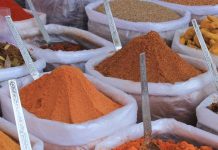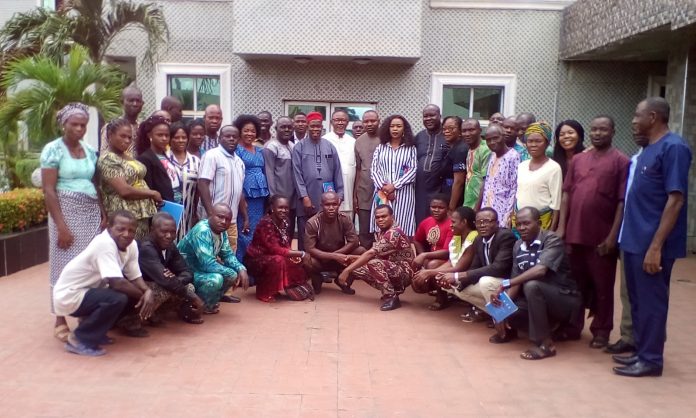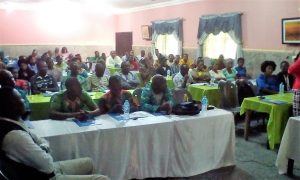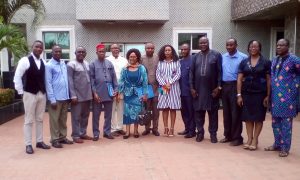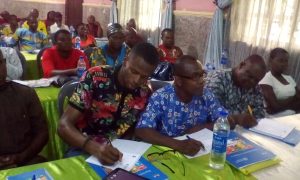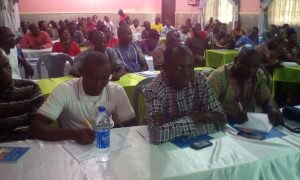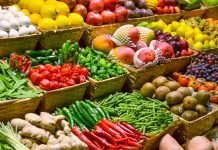|
02 October 2018 – Abuja, Nigeria, As the Government of Nigeria (GoN) moves to curtail importation and boost local production of rice to meet national demand, the Food and Agriculture Organisation of the United Nations (FAO) is training farmers on best practices to increase yields and enhance personal income.
The four-day capacity building workshop organized by FAO in collaboration with the GoN and the Republic of South Korea from 2nd – 5th October 2018 in Abakaliki Ebonyi state, is part of the tripartite agreement signed in 2015 to develop capacity of local producers, through a south-south cooperation project that also cover Burkina-Faso and Cote d’Iviore.
The training under the project title “Capacity development and experience sharing for sustainable rice value chain development in Africa through South-South Cooperation”, aims to equip the farmers with entrepreneurship skills to enhance productivity, help the rice farmers in the value chain to maximize profits, and build their capacities to do more.
It is projected that Farmers who participated are better positioned to take advantage of the rice value chain and upscale their income, by applying appropriate technologies and effective management of agricultural inputs. In addition they can also be able to implement technologies for sustainable best practices in rice production.
According to the FAO Country Representative in Nigeria Suffyan Koroma, the backward integration policy of government on rice particularly is realizable. The effective application of the training modules will boost the productivity of rice farmers in the state to effectively complement rice value chain development in other parts of the country, thus ensuring sufficient produce to meet national requirement.
“Beside this, FAO support to the farmers also targets enhanced food and nutrition security, as well as poverty alleviation”, Koroma said.
Participants in the project include staff of Ebonyi State Ministry of Agriculture and Natural Resources, representatives from the Project Implementation Unit (PIU), Extension Agents, community-based groups and other stakeholders from the private sector.
Besides dry season modern rice production techniques, the beneficiaries will also be trained on Systemic Rice Intensification (SRI) technology, focusing on soil conservative, water and soil fertility management, including the proper use of farm input and crop rotation, as well as community seed multiplication targeted at youth farmers. Related links:
http://www.fao.org/nigeria/news/detail-events/en/c/1073292/ http://www.fao.org/southsouthcooperation/
Contact Persons:
Helen Okon Communication Consultant (Media) 0803 470 2504
David Tsokar National Communication Officer 0806 616 2876
|
FAO train farmers to improve rice production, value chain in Ebonyi
Subscribe
0 Comments



